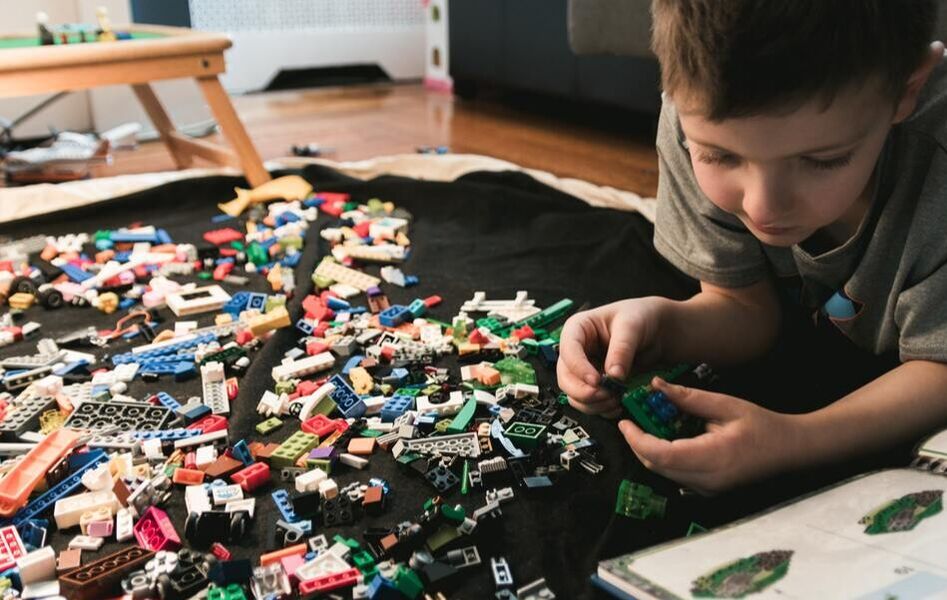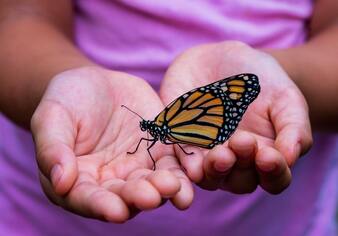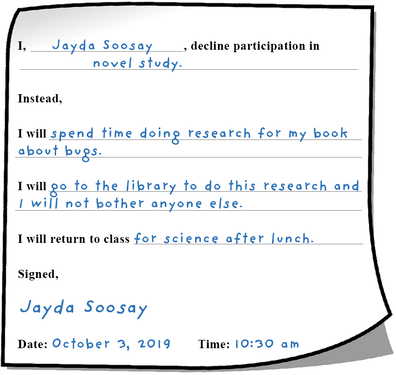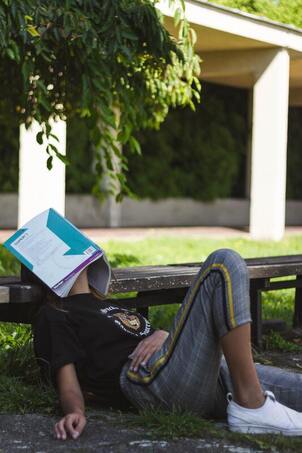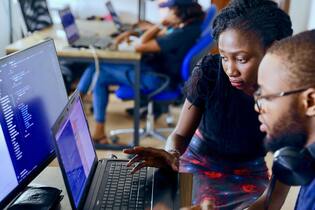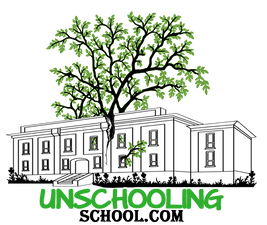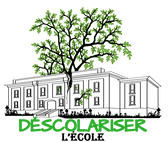Free Learner (FL) is a new designation that applies to students who wish to take responsibility for their time and learning path.
The Education System is slowly accepting that all students require their own pathways in order for them to function in the school environment and learn effectively. Various labels get applied to sets of characteristics to describe students who then require specific accommodations in class and school. The FL label is self-assigned by students and their families, rather than by experts, to announce that they require and deserve approaches to learning that work best for them.
The FL label indicates to the school that the child will operate under an alternate set of parameters, expectations, and responsibilities and, as such, require accommodation in the class and school. The FL designation is declared by the student themselves and, in the case of younger children, with the support of their parents. Independent of parental involvement, anyone who is mature enough to read the definition and complete the paperwork to communicate their FL needs is de facto granted the right to be designated FL.
The Education System is slowly accepting that all students require their own pathways in order for them to function in the school environment and learn effectively. Various labels get applied to sets of characteristics to describe students who then require specific accommodations in class and school. The FL label is self-assigned by students and their families, rather than by experts, to announce that they require and deserve approaches to learning that work best for them.
The FL label indicates to the school that the child will operate under an alternate set of parameters, expectations, and responsibilities and, as such, require accommodation in the class and school. The FL designation is declared by the student themselves and, in the case of younger children, with the support of their parents. Independent of parental involvement, anyone who is mature enough to read the definition and complete the paperwork to communicate their FL needs is de facto granted the right to be designated FL.
“If children started school at six months old and their teachers gave them walking lessons, within a single generation people would come to believe that humans couldn’t learn to walk without going to school.” - Geoff Graham
What Does a Free Learner Look Like?
Eldon is 5
|
Eldon hates school. Every morning he kicks up a HUGE fuss because he does NOT want to go to school, he wants to stay home, play Lego, and cook with his mum. Eldon’s mum, Cynthia, is distraught by his reaction to school and in her search for solutions read Free to Learn by Peter Gray. Since she cannot afford to send Eldon to an Independent Self-Directed school or stay home with him, she has decided to help Unschool her local public school. She meets with the teacher, provides a copy of Eldon's Self-Directed IEP and explains that he is now a designated FL and has her explicit permission to spend his time in class in the activities of his choice. She communicates that he will likely spend most of his time playing Lego but that he understands that he is not to bother the rest of the class if they are doing other activities or listening to the teacher. Cynthia also lets the teacher know that Eldon will go outside with the class for recess or other outdoor activities. Sometimes in class other kids say to Eldon, “why do you get to play Lego all day”? Eldon answers, “because I am a Free Learner” and then hands the child one of the notes from his backpack that explains FL, and says “give that to your parents if you want to pick your own activities.”
BOOM that’s how it’s done! |
Jayda is 9
|
Jayda loves bugs. She loves finding them, reading about them, watching videos about them and drawing pictures of them. She wants to write a book, “Bugs I know and LOVE”. Jayda is designated FL. When the class is doing one of the activities that does not interest her, she hands the teacher a form, which she has completed, that looks something like this:
|
“There is a tendency to think in our standardized culture that play is some frivolous distraction from the serious business of work, but all the evidence is - play is fundamental to human flourishing.” - Sir Ken Robinson
Joan is 13
|
Joan is a horrible student. She is well below grade level in every subject (except gym), she never completes her homework, her report cards are abysmal, and every day an automated message reports on all the classes she is absent from. Joan is depressed; she believes that she will never do well in school or life and the only reason she goes to school at all is to see her friends. Her parents are beside themselves and seek family counselling. The counsellor helps uncover Joan’s passion: she wants to save the world. She fantasizes about organizing a world-wide event called, The Power of Being Nice. The family agrees that Joan should be an FL. They send a note to the school saying that Joan is working on her own project and will only attend the classes that interest her; that she does not require grading or a report card; that she will not be completing homework (unless she wants a teachers input); and that she will use the library and the lunchroom to do research and work on her social-enterprise. Joan spends every Monday and Tuesday volunteering at a local charity. Her research leads her to believe she needs to write a business plan so she begins attending English class and working on her writing skills. She finds an online Open University course on writing a business plan and enrols. She loves the course and plans to spend the next few years focusing on her enterprise, volunteering, and working. If she decides to go to a higher education campus, she will go at 19 as a mature student and use her Open University credits to gain admission. She will never graduate from high school and that is just fine; Joan has purpose and she is happy.
|
alex is 17
Alex is a technology wiz. He is a straight A student and he believes school is a waste of time and that most of the students are empty-headed, party-crazed idiots. If there is a technology issue in the school, they call Alex. And yet, they still expect him to sit in their boring classes and jump through their insane hoops. Most of his social-life is online with his gamer and code-writing friends, four of whom go to his school, but are not in his year. He has created a few apps and has connected to online mentors from various start-ups and universities. But Alex has had it and is ready to drop out when he sees an Insta post about Unschooling School and decides to designate himself FL.
|
He gets together with the four other code geeks from school and enrolls them in a plan. They meet with the head of the Computer Engineering Technology Department and introduce her to the FL designation. In exchange for doing online university courses and tutoring a few struggling students, she gives them access to the tech lab when it is empty and outside of school hours. Alex stops attending his other classes and spends ALL his time working on a new app idea. The app is a winner. One of his online mentors encourages him to apply to his university using a portfolio. He is accepted and offered a scholarship. Alex is a very successful high school drop-out.
|

